News & Announcements
Request for Proposals
- Review of Proposals Begins: May 1, 2023
- Proposals Accepted Through: October 30, 2023 at 4:00pm PST
CCEE hosted a Respondent’s Conference on Thursday, April 6, 2023. Please click on this link to view the recording of the webinar.
Open Door Sessions
CCEE, in collaboration with LEAs and partner organizations, is hosting “open door” sessions to share best practices, tools/resources, and strategies to support student learning. These sessions will provide opportunities for county office and/or district staff to listen and learn from other LEAs across the state, and connect further, if interested. Those who express interest in connecting further will be invited to join a smaller, more intimate “Special Interest Group” session, in which the presenting LEA will be available to listen, share, and help participants with more specific questions.
Check out the “In Case You Missed It” section of our newsletter to view materials from past Open Door Sessions.
To stay up-to-date on upcoming Open Door sessions, make sure to check our Events Calendar or follow CCEE on Twitter and LinkedIn!
2023-24 Leadership institute
In collaboration with the Small School Districts Association (SSDA), CCEE is excited to bring to you the 2023-24 Leadership Institute, which will kick off in July 2023 during the SSDA Superintendent and High School Leaders Conference in Newport Beach. Please click on this link to register for the conference.
This year-long institute will provide high quality professional learning, partnerships with a community of other small district leaders, and seasoned leaders to help increase your network of professional and support. For more information about the institute, please click on this flyer.
In Case You Missed It
Open Door Sessions:
- Student Learning Communities (Fairmont Elementary, 3/30/23)
- A Tale of Two Systems: Responding to Unexcused and Excused Absences (Attendance Works, 4/3/23)
- One County’s Journey to Improve Mathematics at Scale (Merced COE, 4/4/23)
System of Support Updates (April 2023)
April Resources
Microlearning Modules – CCEE has partnered with content experts and experienced educators to develop short videos sharing and explaining concepts, tools, and resources for a wide range of topics to support substitute teachers, paraeducators, and other instructional staff in the classroom. All microlearning modules are accompanied by easy-to-follow instructions, downloadable handouts, and additional resources to support immediate implementation. New videos are added periodically, covering various topics, tips, and strategies.
About the I3 Center
The Innovation, Instruction, and Impact (I3) Center implements a statewide approach to improving LEA capacity by collaboratively developing, delivering, sharing, and spotlighting practices that have demonstrated the power to improve outcomes for students.
About the CCEE
The California Collaborative for Educational Excellence is a statewide leader delivering on California’s promise of a quality, equitable education for every student.
Executive Director’s Corner
By Matt J. Navo, Executive Director, CCEE

Research continues to show that when educational practitioners have time to share insights, ideas, practices, and research with one another, they learn more and improve more. The CCEE is focused on bringing educational practitioners and partners together to share and highlight evidence-based practices and research that will help them improve student outcomes. The bulk of how we do the work is by convening and gathering professional learning networks (PLNs) and Research-Practice Partnerships (RPPs). This newsletter highlights a number of opportunities for educational practitioners to engage in partnerships where they can learn from each other.
Data Research Learning Network: Data Literacy is Deep Need
By Ingrid Roberson, Assistant Director of Research Learning, CCEE

The Data Research Learning Network (DRLN) consists of seven select districts and counties engaged in innovating data and assessment practices to accelerate student learning. DRLN districts and counties have discovered a deep need for data and assessment literacy across all levels in the education system, including analyzing data, discussing data, and decision-making or as the network likes to say, “Data, Discussion, and Decisions.”
As a Research and Development (R&D) network, these seven districts and counties are designing innovations to be piloted in the 2023-2024 school year. For example, Imperial County Office of Education (ICOE) is developing a data literacy learning series for their districts with special attention to the context of small districts (i.e. districts with enrollments less than 2,000 students). Already a leader in creating data tools for the Local Control and Accountability Plan (LCAP), ICOE’s data literacy learning series will focus on data for instructional and curricular decision-making.
Another example is Rincon Valley Union School District (RVUSD) who is exploring the role of formative assessment in accelerating student learning. Informed by research from the Center for Assessment on a Balanced Assessment System, Rincon Valley USD seeks to leverage the power of curriculum-embedded, unit-based assessments that are instructionally useful to classroom teachers. RVUSD will be piloting a Math Formative Assessment, enhancing teacher assessment literacy and promoting student agency in the assessment process.
As DRLN districts and counties represent small to mid-size local educational agencies (LEAs), this emerging trend is one that CCEE’s Center for Innovation, Instruction and Impact (I3) intends to address through statewide data literacy resources in partnership with recognized experts and practitioners in the field (see current Request for Proposals).
CAAASA-CCEE Partnership to
Re-envision Black Student Success
By Sujie Shin, Deputy Executive Director, CCEE

The partnership between CCEE and the California Association of African-American Superintendents & Administrators (CAAASA) began in 2017 with a professional learning network (PLN) that focused on identifying the inequities experienced by African American students in California K-12 schools. The original network, made up of four districts and three county offices, examined these inequities and identified systems-change approaches to addressing them within their local educational agencies (LEAs).

With the launch of CCEE’s Research-Practice Partnership (RPP) initiative, five of our original PLN partners have rejoined the network to continue their work to support Black student achievement through their LEA-specific problem of practice, focusing on progress monitoring activities to support the measurement of student outcomes in the coming year.
Our five partnership teams and their areas of focus include:
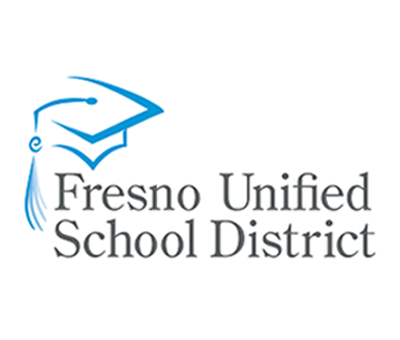
Increasing the number of African American student leaders who are UC college bound
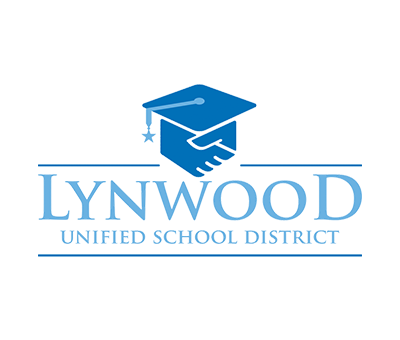
Addressing overrepresentation of African American male students among those receiving non-passing grades in core classes

Tackling overidentification of African American students in Special Education via “Other Health Impairment” and “Emotional Disturbance”
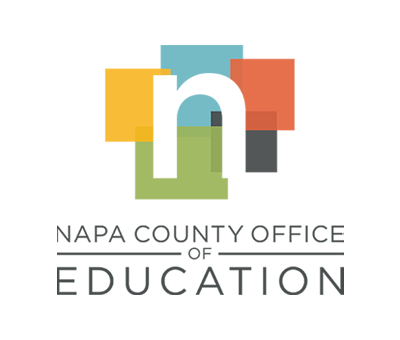
Increasing high school completion rate for students enrolled in the County Community Schools/Program (expelled and/or on probation)
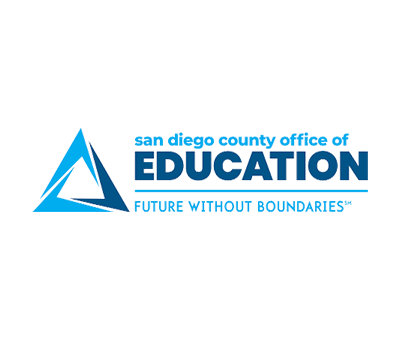
Targeting student engagement and reduction of chronic absenteeism rates for Black students in four pilot schools part of the Community Schools Program
Empowering Educators with Universal Design for Learning (UDL)
By James McKenna, Assistant Director of Professional Learning and Leadership Development, CCEE

CCEE has partnered with educators in the field to create our newest learning path, UDL for Educator Empowerment. This learning path aims to empower California educators with the needed knowledge and skills to apply Universal Design for Learning (UDL) holistically to their practices as professionals. Designed in partnership with teachers, for teachers, this path contains six modules of multimedia content, opportunities for reflection and community, and links to resources to deepen participants’ learning and practice.
This learning path was authored by a team of subject matter experts and professional learning providers: Karen Taylor, MA.Ed., Zach Smith, Ed.L.D., and CCEE’s own James McKenna, Ed.D. Together, and with the support of an advisory panel of educators from across the state, they created this learning path to honor and empower teachers, showing how the UDL framework equips them for the work of teaching in today’s modern equity-focused classroom. Through each of our six course modules, educators are invited on a path of professional self-discovery that equips them with the skills for creating inclusive and equitable lessons and learning environments. Embedded within these learning experiences is the knowledge for diagnosing learning barriers in real time.
The UDL for Educator Empowerment learning path is open to all, on-demand, at no cost, and is the latest in a series of resources created by the CCEE, in collaboration with local and national partners, in order to support the implementation of UDL in schools and districts across the state. Other UDL resources include the UDL for School and District Leaders learning path, the Why UDL video series, and the UDL Journey Guide, a comprehensive resource for district leaders and teams seeking to implement Universal Design for Learning.
LEA Spotlights: Shining a Light on Promising Practices
By Dorcas Kong, Senior Specialist of Executive Projects, CCEE

Over the past couple of months, the Innovation, Instruction, and Impact (I3) Center has been curating stories that “spotlight” innovative practices implemented by local educational agencies (LEAs) across the state to improve educational outcomes for students. After interviewing various district teams and learning about how they tackled challenges particular to their local contexts, we’re excited to announce that we have finally launched the Spotlights Project. Each Spotlight organizes the successes, challenges, and lessons learned in a way that calls attention to emerging practices, reproducible strategies, and applicable resources, in hopes of introducing accessible points of conversation for other LEAs looking to resolve similar issues.
While these Spotlights may focus on different domains (i.e., student academic outcomes; student/family engagement and well-being; staff and community supports; and systems, policies, and governance), they all place an emphasis on improving practices, programs, and systems to provide each and every student in California public schools with the access, opportunities, and supports to thrive (CCEE Mission & Vision). We hope the Spotlights Project can serve as a hub of inspiration and innovation where LEAs can build off these successful models to amplify their impact in the classroom, school, district, and community. Click on the links below to learn about these LEAs’ success stories.

Anaheim UHSD took a systemic approach to support families’ needs by empowering parents, authentically engaging students, and strengthening community partnerships to address the root causes of disengagement.
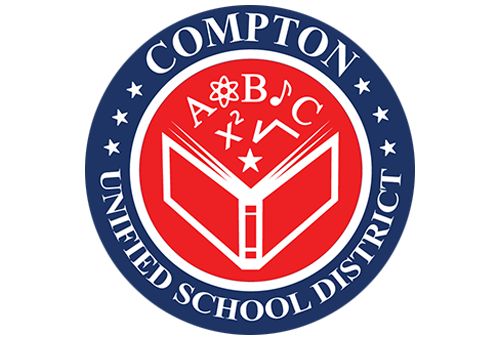
Compton USD took a data-driven approach to improve college and career readiness among its African American students. By looking at key data metrics, CUSD identified strategies to provide students and families with increased access to information, resources, and supports to navigate the academic, social, and financial aspects of the college preparation process.
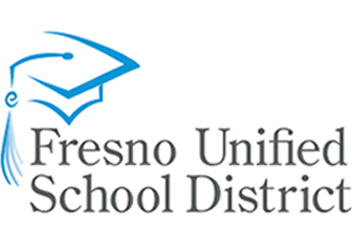
To tackle an intricate problem such as chronic absenteeism, Fresno USD took a multilayered and holistic approach that included strong and committed district leadership, a cross-functional team of diverse staff, strong data principles, and partnerships with community-based organizations.
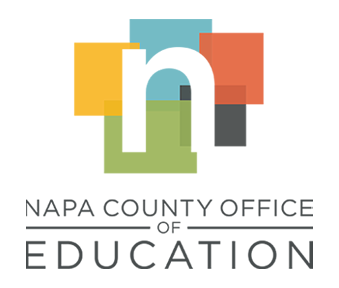
Napa COE concentrated their efforts on establishing meaningful partnerships and innovative approaches to learning, practicing continuous improvement strategies, and leveraging data and improvement science to guide decision-making.
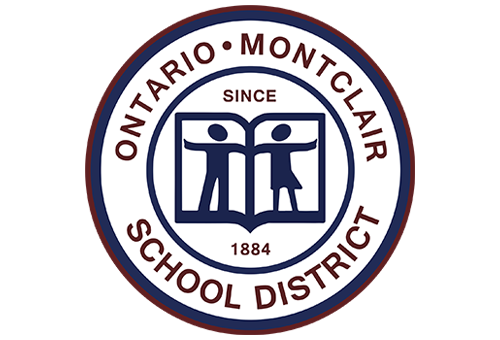
Ontario-Montclair SD worked to engage parents as authentic partners in the school community by empowering them with tools and resources that allow them to advocate for their children’s learning.
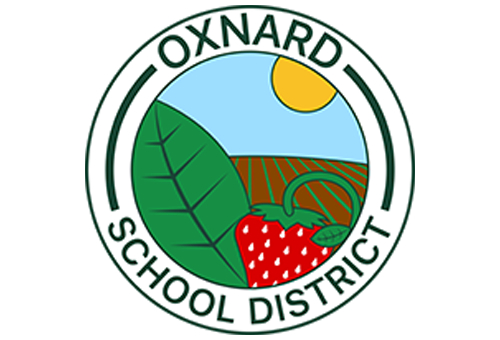
Oxnard SD utilized the California Family Engagement Framework and recommendations from research in their efforts to systematize family engagement and empower parents in shared design-making processes to impact student learning.

Stay tuned! We will be launching the Pittsburg USD Spotlight in the coming weeks.
We are continuing to develop Spotlights that shine a light on innovative educational practices in California. If you would like to share emerging practices that have improved outcomes for students in your LEA, please share it with us by submitting this Spotlight suggestion form.
Shifting Mindsets on Chronic Absenteeism
By Sujie Shin, Deputy Executive Director, CCEE

As we head into our final quarter of the 2022-23 school year, schools are continuing to rethink how we define and address chronic absenteeism. The 2022 Dashboard results saw a huge spike in chronic absenteeism rates across the State, with almost a third of our students in California missing 10% of more of their instructional days. And while the flattening of COVID rates has improved chronic absenteeism rates somewhat, the data show that schools are still struggling with student engagement and attendance.
Shifting our collective mindsets about chronic absenteeism requires a reenvisioning of what an absence means and therefore changes how we deal with it and who gets to decide. To date, our processes for addressing chronic absenteeism are built around mental models about “truancy” that set schools and families up as adversaries–the definition of truancy is “the act of staying away from school without a good reason.” But who judges what reason is good enough? And who is responsible for providing the remedy?
There are no ready solutions, and in the meantime, children have missed millions of instructional hours. Over the next several months, join us as we navigate some of these questions with local educational agencies and partners and highlight challenges, emerging best practices, and opportunities to learn from each other.
CCEE is hosting a series of Open Door sessions on chronic absenteeism. On Monday, April 3, 2023, Attendance Works started off the series by sharing the findings of a new PACE report, Examining Disparities in Unexcused Absences Across California Schools. If you weren’t able to attend this session, webinar materials are available on CCEE’s website. Please see below for upcoming sessions. Additional information (e.g., date/time, registration links) will be available in the coming weeks. You can always check our Events Calendar or follow CCEE on Twitter and LinkedIn to stay updated on upcoming sessions.
- Shifting Mindsets on Chronic Absenteeism with Salinas City Elementary School District
- Supporting Better Attendance Practices: The Evolving Role of COEs
